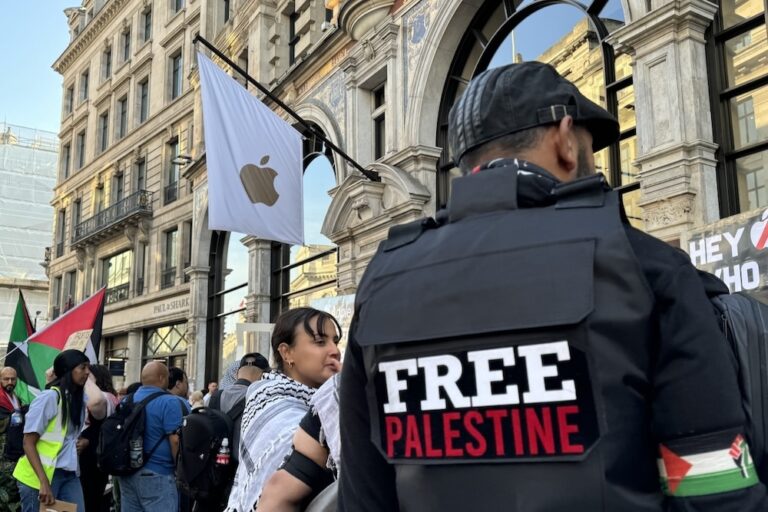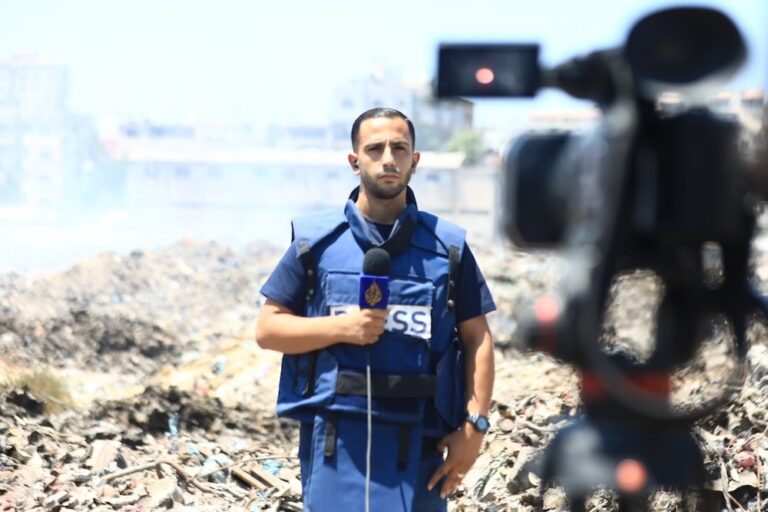The Israeli media has launched several protests over the court's decision to impose a gag order, claiming that it blatantly obstructs the work of journalists and the public's right to know.
A state of anger prevails among journalists in Israel in the wake of the imposition of a gag order on publishing material related to the arrest and investigation of Wael Abu Rida, a 35-year-old Gazan citizen.
The order, issued by an Israeli court on Wednesday, 10 June 2013, allows the disclosure of only a small portion of the details surrounding the arrest of the Palestinian citizen Wael Abu Rida, who was seized by the Israeli Mossad during his stay in Khan Yunis, Egypt last month. The disclosure included confirmation that the arrest took place a month ago and that it was extended for an additional eight days, along with the prohibition on disseminating any other details including the location and reasons of his detention.
Meanwhile, the Western media has already published extensively on the case.
The Israeli media has launched several protests over the court’s decision, claiming that it blatantly obstructs the work of journalists and the public’s right to know. They also claim that since Israeli readers have been able to follow the case from the beginning in Western media, the “order preventing publication” is in this case meaningless and insulting to the Israeli media, damaging their credibility and standing with the Western media.
I’lam Media Center calls on all media outlets to unite and pressure the Israeli judiciary to reverse its opinion on revealing the details of the case, and to prevent a recurrence of a matter such as this in the future.
This is not the first time that the Israeli judiciary, under the control of the Israeli military and security apparatuses, has threatened journalistic work.
A similar order was imposed in the case of the arrests of soldiers Anat Kam and Uri Blau on Ha’aretz newspaper, when they leaked several documents referring to the involvement of the Israeli army in the assassination of Palestinian leaders in Gaza. The Israeli press was prevented from addressing the issue, which was covered extensively by Western media.


